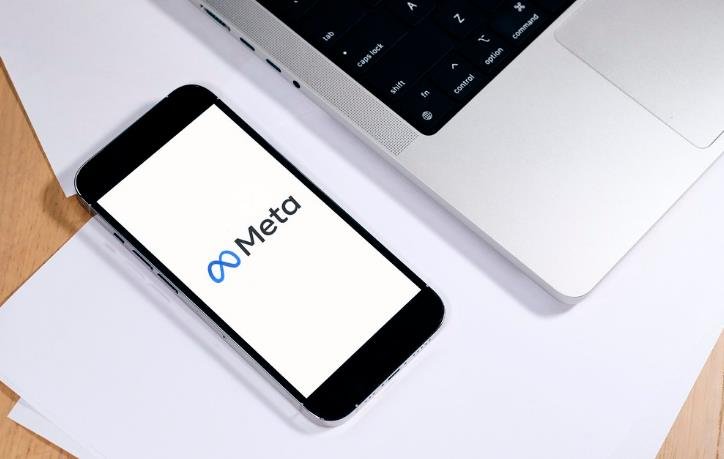Meta, the tech giant that owns Facebook, Instagram, Messenger, and WhatsApp, suffered a global outage on Tuesday, March 5, 2024, that disrupted its services for several hours. The outage also affected other services that rely on Meta’s login feature, such as Spotify, Tinder, and Airbnb. The cause of the outage is still unknown, but some experts suspect a network configuration error or a cyberattack.
The outage started around 3:30 pm GMT and lasted for several hours, affecting users in different regions and time zones. Many users reported being logged out of their accounts, seeing error messages, or experiencing slow loading times. Some users were able to access the platforms intermittently, while others were completely locked out.

According to Down Detector, an internet traffic observer, hundreds of YouTube users experienced problems with streaming and uploading videos on the platform during the outage. The issues extended to other Meta platforms, with users of Facebook, Instagram, Threads, and Messenger reporting difficulties logging in and sending messages across various regions, including India.
Meta spokesperson Andy Stone acknowledged the problem, stating that it had been resolved, and shared the update on social media platforms. London-based internet monitoring firm Net Blocks reported issues with four Meta platforms. Net Blocks, an advocate for internet freedom, mentioned that there was no indication of country-level internet blockages or filtering typically imposed by governments.
Users express frustration and switch to other platforms
The outage sparked discussions and humorous memes on social media platforms. Elon Musk, the CEO of X, took a sarcastic tone, stating, “If you are reading this post, it is because our servers are working.” Meta’s status dashboard indicated problems with the application programming interface for WhatsApp Business. Down detector recorded around 200 reports of the WhatsApp outage, collecting status reports from various sources, including users.
As a result, many users expressed their frustration and switched to other platforms, such as X, Telegram, Signal, and Snapchat, to communicate and share their thoughts. X saw a surge in traffic and tweets, as users joked about the outage, complained about the inconvenience, or praised the alternatives. Some users also used the hashtag #DeleteFacebook to voice their dissatisfaction with Meta and its services.
Outage raises questions about Meta’s dominance and reliability
The outage was the latest in a series of challenges and controversies that have plagued Meta in recent years, such as data breaches, privacy scandals, antitrust lawsuits, and content moderation issues. The outage also raised questions about Meta’s dominance and reliability in the social media market, as well as the potential risks and impacts of such disruptions on society and the economy.
According to Statista, Meta had over 3.5 billion monthly active users across its platforms as of December 2023, making it the largest social media company in the world. Meta also owns Oculus, a virtual reality company, and Novi, a digital wallet service. Meta’s platforms are widely used for personal, professional, and commercial purposes, such as communication, entertainment, education, marketing, e-commerce, and social activism.
However, Meta’s outage showed how vulnerable and dependent users are on its services, and how a single technical glitch or malicious attack can affect millions of people and businesses. The outage also highlighted the need for more competition and diversity in the social media landscape, as well as more regulation and oversight of Meta and its practices.
















